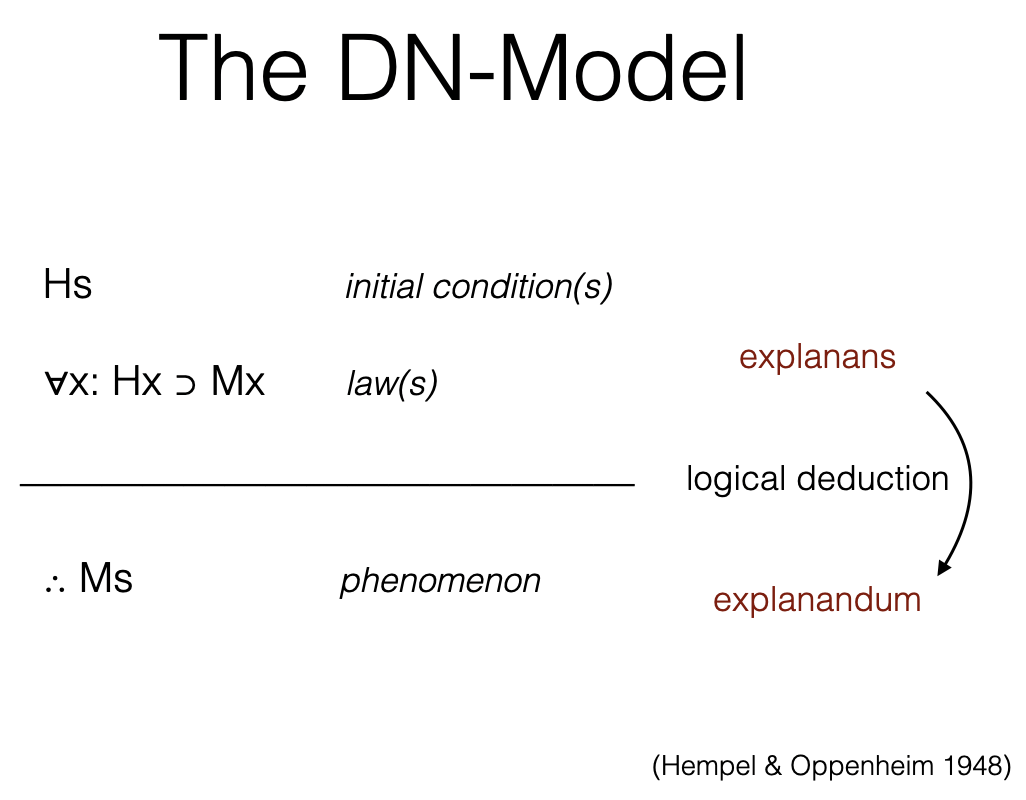Prof. Dr. Lena Kästner
Student Resources
Artificial Intelligence:
History, Core Concepts and Philosophical Debates
Research in Artificial Intelligence (AI) is developing rapidly. As more and more AI technology becomes available, it increasingly transforms our everyday lives. AI helps us select what movies to watch, find our way home at night, and diagnose illnesses. More than that, AI systems are involved in taking business or legal decisions. This raises profound challenges for our modern society.
In this course, we shall examine the he history of AI, important core concepts as well as philosophicaldebates surrounding contemporary AI research. We shall discuss what motivated researchers to build AIsystems in the first place, what different kinds of AI architectures there are, and what the philosophical foundations and challenges for AI are. We shall particularly focus on questions such as “What is Intelligence?”, “How are artificial intelligent systems different from biological ones?”, “Are AI systems better at making fair decisions than humans?”, “How can we gain insights into the operation of AI systems that are effectively black boxes to us?”, and “What happens if an AI becomes smarter than humans?”.


Introduction to Philosophy of Science
Science is awesome. Scientists have discovered that the earth revolves around the sun, that there once was water on mars, and that the heart pumps blood through the body. They found that there are about 86 billion neurons in each of our brains and that bananas have more genes than humans. Scientific discoveries and technological developments have made it possible for us to take pictures of black holes, build space ships and sky scrapers, control diseases with vaccines or antibiotics, and ask Siri how to get home. – But how exactly does science work?
How do scientists come up with explanations for the phenomena we observe or solutions to pressing problems? What kinds of things do they do to uncover how, say, vertebrate vision, works or how the yearly seasons come about? When do they consider an explanation successful? Do scientific experiments show us what the world is really like and do scientific explanations approximate an objective reality or truth? How do scientists draw conclusions from the data they gather? What role do laws of nature play in scientific inquiry? What might be the relation between higher-level (e.g. mental) entities studied by special sciences and lower-level entities (e.g. particles) studied by physicists? And what counts as proper science to begin with? – These are the kinds of questions philosophers of science engage with. Throughout this introductory lecture, we will encounter both traditional and contemporary discussions within this fascinating field.
Einführung in die Philosophie des Geistes
Die Grundvorlesung “Einführung in die Philosophie des Geistes” gibt einen Überblick über eines der Kerngebiete der theoretischen Philosophie. Die Philosophie des Geistes beschäftigt sich u.a. mit der Natur geistiger oder mentaler Zustände, deren Ursachen und Wirkungen, sowie deren Verhältnis zu körperlichen oder physischen Zuständen. Sind mentale Prozesse mehr, als komplexe neurophysiologische Prozesse oder sind sie mit ihnen identisch? Besteht der Geist vielleicht aus einer gänzlichen andere Substanz, als der Körper es tut? Oder können wir Mentales auf Physiologisches reduzieren? Und welche Rolle spielen Gehirn, Körper und Umwelt für mentale Zustände und Prozesse? – Vertreter unterschiedlicher philosophischer Grundpositionen im Bezug auf das sog. Leib-Seele Problem liefern verschiedene Antworten auf diese Fragen. Welche sind am überzeugendsten? Und welche Rolle spielt die Wissenschaft für die Erforschung des Geistes?”


Writing Philosophy
Here is a comprehensive guide for writing philosophical papers and theses. It’s tailored to students who are looking for help with identifying a philosophical project, cutting it to size and writing it up.
There is general advice on literature research, structuring and formatting your project as well as editing and revisions. As such, this is a resource for students at all levels — from those writing their first ever philosophy essay to those who already work on their PhD.